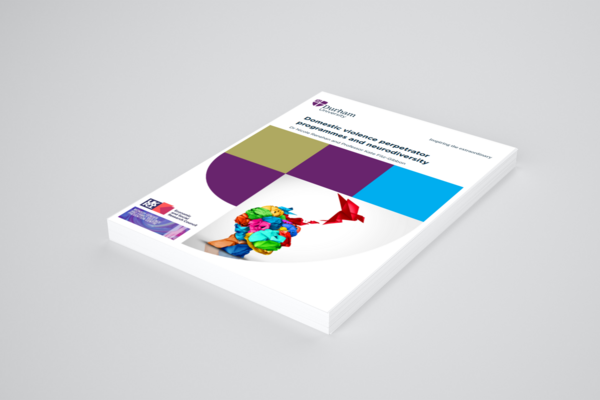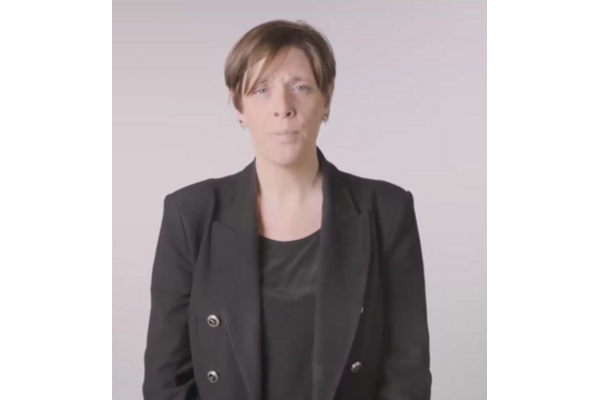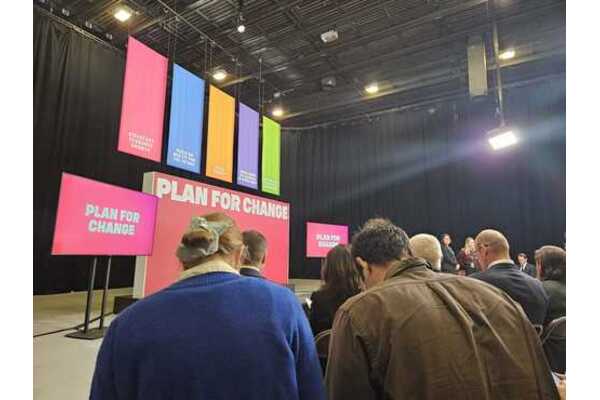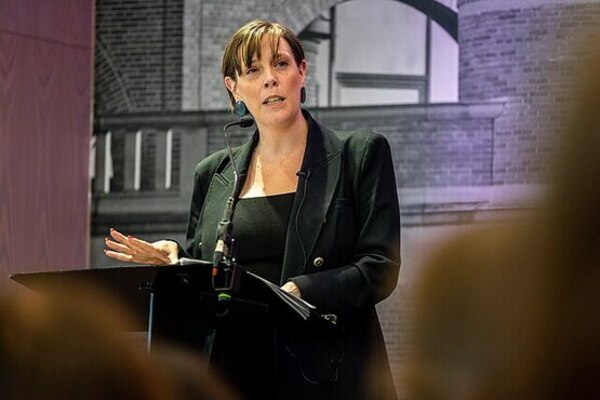Following her fully subscribed research event in early September, we spoke to Nicole Renehan (ESRC Funded Research Fellow at Durham University and the Centre for Research into Violence and Abuse) about her work to understand how we can better engage neurodiverse people in perpetrator programmes,
We know that perpetrator programmes can increase victim-survivor safety and wellbeing. However, there has been consensus for some time that men who perpetrate domestic abuse are a diverse group with differing risks and needs, and therefore a one size fits all approach will be limited in what it can achieve.
The research informing my latest report, Domestic Violence Perpetrator Programmes and Neurodiversity, sought to explore the experiences and perspectives of practitioners who work with men who use domestic abuse in intimate relationships and who are also autistic and/or have ADHD (attention deficit hyperactivity disorder) without learning disabilities. This builds on a previous study of mine, which identified that neurodivergent men experience barriers to engagement and change in mainstream domestic violence perpetrator programmes.
The research involved speaking to international experts and practitioners who work with neurodivergent men and who had adapted their services to be more responsive to autistic and ADHD men. We also undertook survey-based research to identify the availability of existing services for this cohort in the UK and Australia. Despite us contacting over 200 individuals and services, it was evidenced that few services exist for autistic and/or ADHD male perpetrators. Nevertheless, important insights were obtained through the survey responses and international interviews.
Crucially, practitioners were clear that autism and ADHD do not cause domestic abuse. They were, however, in agreement that neurodivergent men do have specific needs which should be addressed to support their engagement. Challenges consisted of sensory sensitivities, relating to other group members and facilitators, disorganised thinking, problems concentrating, focussing, and the pace of the programme. Sometimes this meant neurodivergent men would mask their understanding and this was not always checked (or understood) by practitioners. The lack of awareness or screening for diagnosis exacerbated resource issues and also contributed to neurodivergent men being mistakenly perceived as ‘belligerent or disruptive’.
To make programmes more inclusive, practitioners talked of making small adjustments such as issuing appointment reminders, removing ‘three strikes’ clauses when sessions were missed, the use of multisensory tools, bitesize modules, frequent breaks, and familiarisation of settings. However, practitioners also noted that neurodivergence was another layer of intersectionality to work with, meaning they needed to be responsive by balancing support with accountability.
Neurodivergent men did also bring many strengths and contributions to the functioning of mainstream programmes. For example, a ‘willingness to learn’, ‘focus on detail’, and ‘logical thinking’ supported their own engagement, and they also contributed to the wider group by disrupting ‘image managing’ and offering ‘very good challenges’ to neurotypical men on the group.
The interviews highlighted significant gaps in knowledge and practice regarding the needs of victim-survivors who are in relationships with neurodivergent men. For example, it is important that those working with victim-survivors know how to manage their expectations around what can and cannot be changed, and that practitioners can support victim-survivors in ways that do not place an additional emotional burden on them or absolve the perpetrator from accountability by medicalising abusive behaviour.
A skilled workforce, specialised services, and collaborative working across sectors were viewed as essential to becoming truly responsive, but practitioners noted there were significant challenges in achieving these goals. You can read our findings and recommendations to address some of these issues in the full report.









